About Amateurs — Blue Ink Alchemy

Blue Ink Alchemy

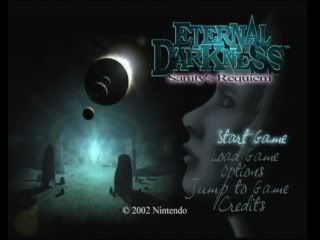
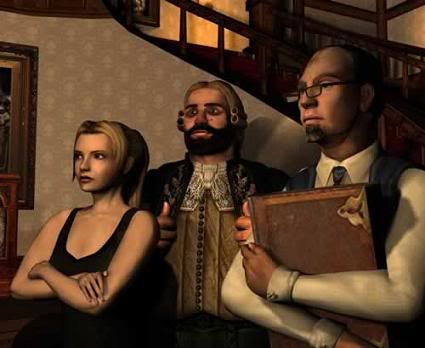
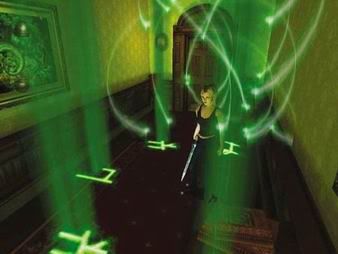
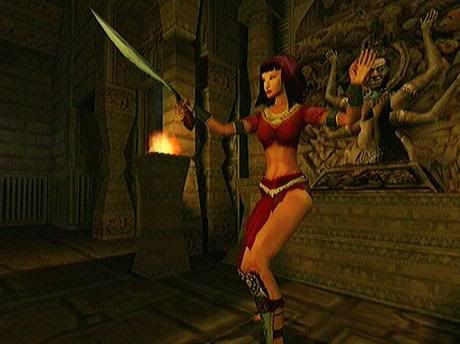
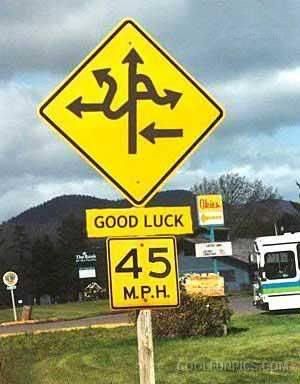

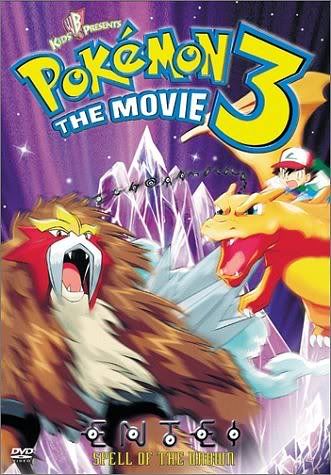

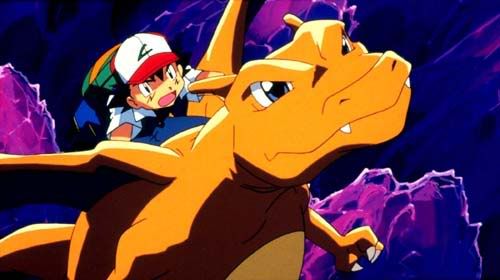






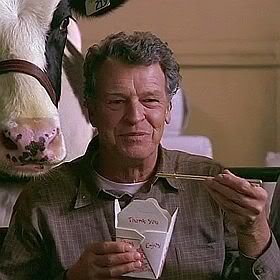
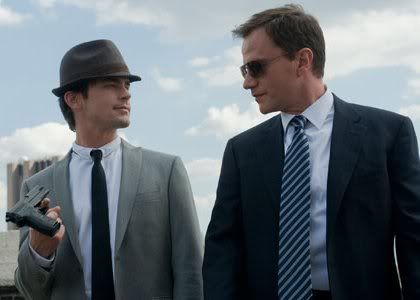
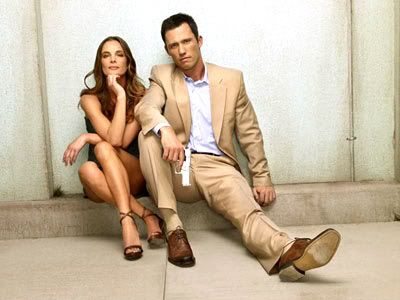
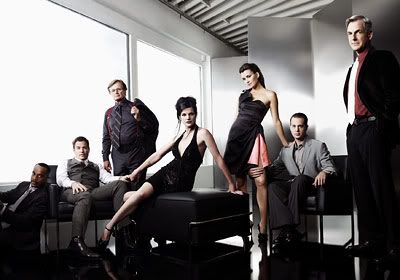

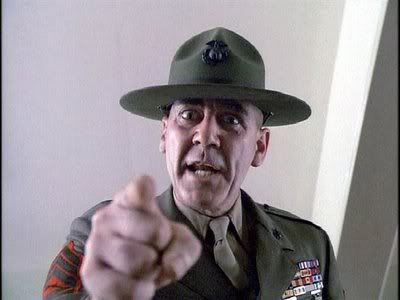
Those, to me, seem to be the big three negative emotions that can come out of daily life's trials and tribulations. My point is no less sapient now than it was then, at least in my humble opinion: When you're wrestling with a negative emotion, the temptation can be to put off writing while you deal with 'important' stuff even if there's no way you can further your cause. You've made phone calls, written checks and begged for ways to avoid filing for bankruptcy or shopping the local dumpsters for usable cardboard boxes that'd make fine apartments for you and your family. What are you going to do in the meantime, wallow in your self-loathing? Play more games you've already beaten? Pick your nose? It's better to try and do something useful. Even if nobody else is going to see it, even if it's just to get something off of your chest, if you are a writer then you need to write. Stay in practice. Put words on paper. Write. It can be tough and this is advice that more often than not I need to follow myself. But it bears repeating which is why I've essentially repeated myself here. But, really, what the hell else am I going to do?I know I've covered using your anger previously, but invoking a Star Wars reference never gets old. Still, if something is making you furious, with fists and teeth clenched regardless of how other people are telling you how to react (doesn't the words "Oh, you're over-reacting" make you want to punch someone in the face?) you need to expend that energy, and preferably without damage to property or invoking personal injury lawsuits. If you're a writer, what do you do? Write a fight scene. Get into the headspace of a person involved in a barroom brawl. Hell, write about someone starting said brawl. Did someone say something to a significant other you didn't like? Is someone chatting up a friend of yours without permission? Not enough booze in your drink? Write about how it makes you feel, how the fury wells up inside you and how the sensation of wheeling around and letting someone have it right in the face touches off the kind of chair-breaking bottle-throwing grand melee unseen since the days of John Wayne. You'll probably feel a bit better, and nobody will be suing you. Let's face it. We're all afraid of something. It could be bugs, rejection, alienation of friends, cars, bacteria, being laughed at, loneliness... I could go on. The bottom line is, sooner or later your fear is going to grab hold of you. Grab hold of it right back and go dancing. Try a ghost story. Something goes bump in the night. You catch an unfamiliar or unexpected motion in the corner of your eyes. The lights go out, and the shadows seem to grow to fill the empty space. Do you start sweating? Does your hand start to shake? How fast is your heart pounding? What voices do you hear? What do you imagine is lurking there in the darkness? It could just be the cat. It might be your spouse in the next room unaware that you've hit the light switch. Or it could be a phantasmal fiend from beyond the grave. Write it out and see where your fear takes you. More than likely, it's not a place as frightening as you thought it might be. Despair, anxiety, paranoia... they're all cut from the same cloth. "Should I have said that?" quickly becomes "I shouldn't have said that," which leads to "I'm an idiot for having said that." Sure, sometimes you make a legitimate mistake and need to clean the egg from your face. Other times, something with good intentions turns out getting tossed under a steamroller paving the road to Hell. Whatever the cause, you're left with this cloying feeling of inner doubt and depression, and you need to do something about it, otherwise it's going to consume you. Time to write a walk through the rain. Rain is an evocative weather condition. The sky's the color of gunmetal, the sun or stars hidden from view, the rain cold and relentless on the weary traveler and the wind makes sure that every surface of the body is wet. Yet people walk through it, alone with their thoughts. "What if I'm wrong? What could I have done to keep this from happening? How much have I lost, and can any of it be rescued? And what the hell am I going to do now?" Write through the thought process. Describe the rain drops, the thunder, the looks of people cozy in their warm homes or places of business, the way others are ignorant of your inner conflict. Work with the emotions. Coax them out of the shadows and into your hands where you can change them from a disability to an advantage.


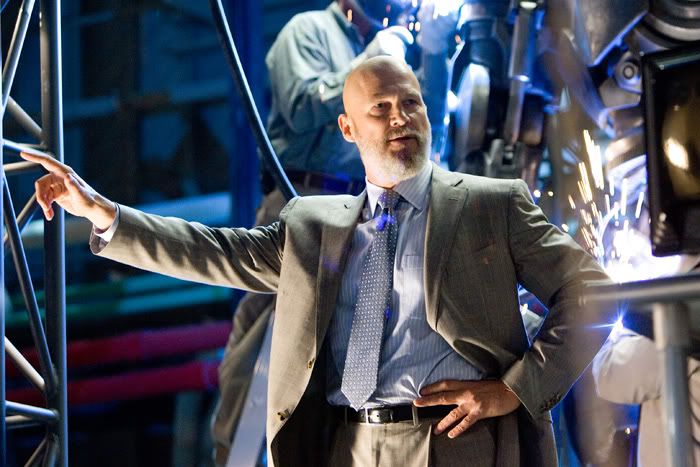

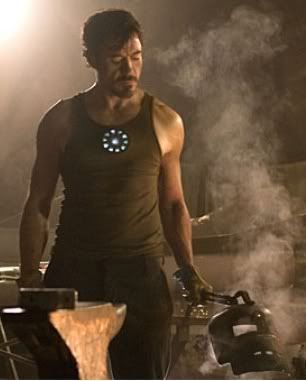




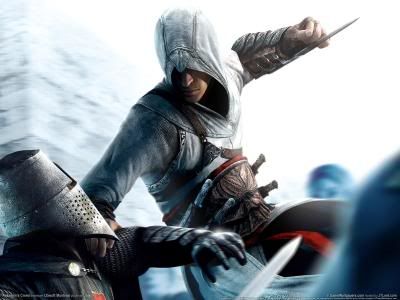
"It's like you're enjoying a nice (if somewhat bland) grilled cheese sandwich livened up by intermittent lumps of Branston pickle, when someone snatches it from your mouth and replaces it with a spoonful of watery ejaculate between two peices of wood." - YahtzeeI do consider that a bit of a shame, because Assassin's Creed had a lot going for it. The story seemed interesting and the free-running and sealth-assassining was fun, but the tedium of going from one place to another, all of the crap I had to take care of before I could stab with impunity got on my nerves and the lepers and beggars who ran up to me begging for cash really tempted me to break the first rule of the Creed, which is 'Never harm an innocent'. I harmed quite a few, only to get desynchronized (read: killed) when the Crusaders nearby jumped on me for giving the beggar a discouraging poke. With my hidden blade. In the face. This turned into a bit more of a rant than I expected, but I wanted to revisit my thoughts on Assassin's Creed because I'm playing the sequel when I'm not sinking more time into the Mass Effect universe. So how does Assassin's Creed II stack up? I'll let you know when I finish playing it. Yes, I'm going to finish it, which says something for it right there. And here's something else. You know how Yahtzee described Assassin's Creed as, at first, a nice little grilled cheese & Branston sandwich? Assassin's Creed II is, so far, the same sandwich with a nice thin layer of prosciutto added for extra deliciousness. And nobody's come to snatch it yet, which is a good thing because I love prosciutto to pieces.

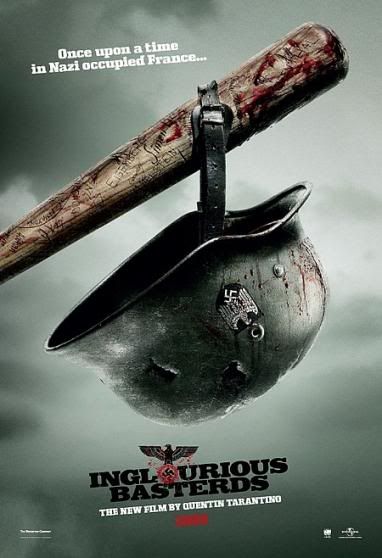
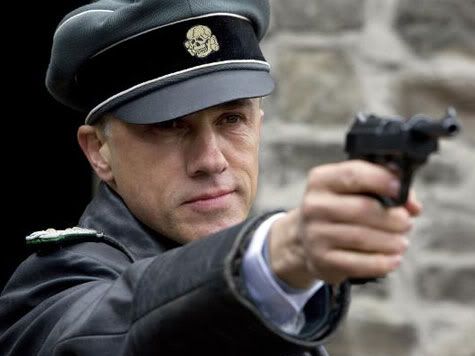
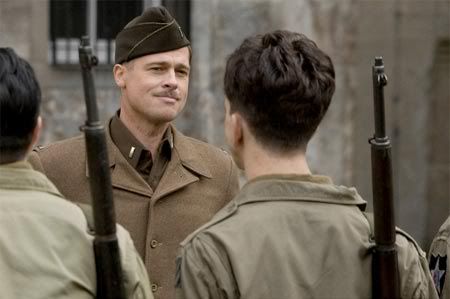
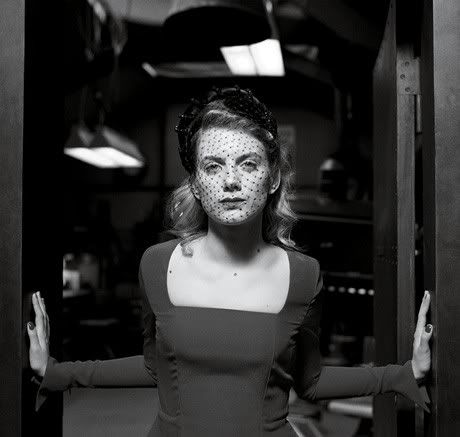

Look at that title. I just summed up everything I’m about to say and I don’t even have to say it. I could stand back, look proud of myself and just let the title speak for itself.
However, I’m not. I suspect I will have hundreds of fanboys raging all over the place here if I were to, so I’ll qualify what I just said with some experiences.
For most of the fights worth a damn I used Liara and Alenko, actually.As I said, the game itself was really good, but I feel I should qualify that too: it was really good when I was playing a Soldier. When I first started up the game, I figured I’d probably play a Soldier because I’m boring and like killing things, but after looking at the classes I figured I’d go for something I don’t usually play, and chose the
mageAdept. The combat controls were confusing at first (the game arbitrarily has different movement controls for combat and non-combat), especially since you can’t zoom out, so despite it being third person I still got that “no peripheral vision” feeling that comes with first person shooters. Anyway, I quickly discovered that you can’t keybind more than one ability — despite never using the D-pad for anything the entire game — so if you want to play something that relies as much on abilities as it does on shooting things, and you’re not playing on the PC, you’d better like pausing combat. A lot.After dealing with the flow-breaking pausing, or just ignoring it and shooting things for the entire first mission, I finally said “fuck this” and re-rolled. Maybe it’s because I could dump all my points in assault rifles since I knew I wasn’t going to use anything else, maybe it was because I’d gotten the hang of the way combat worked, but I immediately had much more fun with the Soldier and went on with the game. I did get a couple abilities throughout the game (well, “a couple” isn’t accurate, I had almost as many as Liara by the end) but most of the time I forgot they existed and just shot things till one of us died. The only ones I ever really took advantage of were my party resurrect and the one that reset all my abilities so I could use the resurrect again. These two got used a lot, too, because the entire party liked to huddle around me, and if I was behind cover, instead of going off to find their own cover nearby, they’d stand in the open near me and get killed. Despite this, the way the fights are set up I was grateful to have party members, especially later on when Kaidan and Liara both got Lift.
Lift is awesome.As for the non-combat parts… Well. I often found it stupid that one charm speech would cause people to rethink their entire diabolical plan/career choice/life, but I guess it’s better than requiring five conversation trees of the exact same thing. There was also one thing that bothered me with the reporter coming to talk to you sidequest… I knew it was the Renegade option to tell her to fuck off, and I was going for a Paragon, but I chose it anyway because I’d previously promised Emily Wong, another reporter and recurring quest NPC, that she would be the first to get an exclusive interview. Apparently I wasn’t supposed to remember this promise because it never comes up again and everyone acts like you’re an ass for not doing the interview, and there’s no way to tell people I refused in order to keep my promise to Wong (thereby doing the right thing). Why make things like that a dialogue option at all if you’re going to assume the player will completely forget about them?
Other than hiccups like that, I really enjoyed the dialogue parts. I’m one of those OCD types who will get as much information out of an NPC as possible, which often led to spending ridiculous amounts of time chatting, though. Rarely in a game am I so eager to get back to the action after spending time in town as I was in Mass Effect.
Continue...

Look at that title. I just summed up everything I’m about to say and I don’t even have to say it. I could stand back, look proud of myself and just let the title speak for itself.
However, I’m not. I suspect I will have hundreds of fanboys raging all over the place here if I were to, so I’ll qualify what I just said with some experiences.
For most of the fights worth a damn I used Liara and Alenko, actually.As I said, the game itself was really good, but I feel I should qualify that too: it was really good when I was playing a Soldier. When I first started up the game, I figured I’d probably play a Soldier because I’m boring and like killing things, but after looking at the classes I figured I’d go for something I don’t usually play, and chose the
mageAdept. The combat controls were confusing at first (the game arbitrarily has different movement controls for combat and non-combat), especially since you can’t zoom out, so despite it being third person I still got that “no peripheral vision” feeling that comes with first person shooters. Anyway, I quickly discovered that you can’t keybind more than one ability — despite never using the D-pad for anything the entire game — so if you want to play something that relies as much on abilities as it does on shooting things, and you’re not playing on the PC, you’d better like pausing combat. A lot.After dealing with the flow-breaking pausing, or just ignoring it and shooting things for the entire first mission, I finally said “fuck this” and re-rolled. Maybe it’s because I could dump all my points in assault rifles since I knew I wasn’t going to use anything else, maybe it was because I’d gotten the hang of the way combat worked, but I immediately had much more fun with the Soldier and went on with the game. I did get a couple abilities throughout the game (well, “a couple” isn’t accurate, I had almost as many as Liara by the end) but most of the time I forgot they existed and just shot things till one of us died. The only ones I ever really took advantage of were my party resurrect and the one that reset all my abilities so I could use the resurrect again. These two got used a lot, too, because the entire party liked to huddle around me, and if I was behind cover, instead of going off to find their own cover nearby, they’d stand in the open near me and get killed. Despite this, the way the fights are set up I was grateful to have party members, especially later on when Kaidan and Liara both got Lift.
Lift is awesome.As for the non-combat parts… Well. I often found it stupid that one charm speech would cause people to rethink their entire diabolical plan/career choice/life, but I guess it’s better than requiring five conversation trees of the exact same thing. There was also one thing that bothered me with the reporter coming to talk to you sidequest… I knew it was the Renegade option to tell her to fuck off, and I was going for a Paragon, but I chose it anyway because I’d previously promised Emily Wong, another reporter and recurring quest NPC, that she would be the first to get an exclusive interview. Apparently I wasn’t supposed to remember this promise because it never comes up again and everyone acts like you’re an ass for not doing the interview, and there’s no way to tell people I refused in order to keep my promise to Wong (thereby doing the right thing). Why make things like that a dialogue option at all if you’re going to assume the player will completely forget about them?
Other than hiccups like that, I really enjoyed the dialogue parts. I’m one of those OCD types who will get as much information out of an NPC as possible, which often led to spending ridiculous amounts of time chatting, though. Rarely in a game am I so eager to get back to the action after spending time in town as I was in Mass Effect.
Continue...


"I once knew a writer who tried that route (psychoanalysis). Cured him of writing all right. But did not cure him of the need to write. The last I saw of him he was crouching in a comer, trembling. That was his good phase. But the mere sight of a wordprocessor would throw him into a fit." - Heinlein, 'The Cat Who Walks Through Walls'A dear friend of mine described the need to write as "a concrete block on [her] chest". It took time away from chores and duties to write, but every day she didn't write, another block was added until finally, under threat of her metaphorical rib cage collapsing, she threw the blocks off and wrote. I can't think of a better metaphor for this. We (that is, writers) ideally should write every day. A little or a lot, some writing should happen. And I'm not just talking about stuff like this blog post either. My wife has pointed out on multiple occasions, in the same tone of voice she uses to remind me to deal with the utilities, that writing a blog post actually takes time away from writing things that might actually end up paying me money. Not that the blog doesn't make money, it just doesn't make very much. Speaking of which, have you clicked a blog's ad today? It makes you and the blog feel good. ...That metaphor is going somewhere dirty. Anyway, the point that I'm trying to make is that writers need to write. Just like programmers need to program, drivers need to drive and plumbers need to plumb. It isn't just what we do, it's who we are. It'd be easy to succumb to letting ourselves be defined by day jobs or pending bill payments or anything else the mundane world likes to throw at us. I'm not trying to say that writing is anything supernatural, though. Writing itself is pretty mundane. Writing anything more than a few hundred words can get just as tedious as any other task if you can't quite get into your groove. Getting into one's groove, however, is something that bears discussing. Probably in another post.
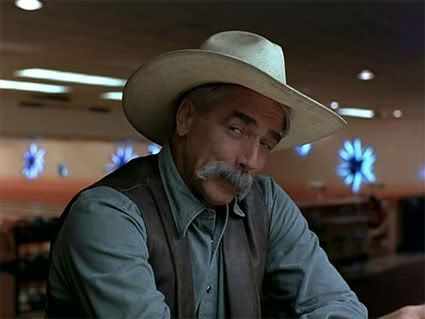

You want to know about the stations? Let me tell you about the stations. They're the gift that keeps on giving. Earth has an overpopulation problem? Build stations & fill them with warm human bodies. Gamma-ray burst blow across the planet without making anybody Hulk out? Say the stations protected people and thus justified the investment of money and blood required to put them up. Still having energy problems? Stations have magic metal that'll fix it. Ghost hunters running out of prisons and castles? Hey, the stations have ghosts too! As far as I'm concerned, the stations are, have been and always will be so many tons of next-generation bullshit at the end of really, really long tethers. It's the only reason they haven't stinking up the planet. I mean, yeah, we had to get some people off of the surface. We had way too many people and way too little usable space & consumable resources. Of course none of the old methods would go over that well with most governments. You ever try pitching the idea of putting a bunch of people from a given nationality or ethnicity into a little room and filling it with gas, for example? They'd tell you to go fuck yourself, and rightly so. For one thing, gunning people down's a lot more fun. What it boils down to is that everything about the stations is a lie. "This will solve the overpopulation problem." They didn't. "They're completely safe." Well, obviously they fucking aren't. And now we're to believe there's magic metal up there and that it's protected by ghosts? I'm as inclined to believe that as I am that the reason the stations came to be in the first place was a natural occurrence. Basic premise of the world, folks: Everybody's full of shit. I'm full of shit, you're full of shit, and the corporate goons who sent all those good people to die up there are definitely full of shit. Maybe there really are ghosts on the stations. Maybe it's one hell of a mass hallucination. Either way, it's something I won't buy stock in unless I get to see it myself. Not that I've got any chance of that. My last four steady jobs all ended because people who once considered themselves sponsors of mine, if not employers, did something embarrassing, tried to cover it up and got fucked over a cactus because they insisted on hiding it from one of the most annoying and thorough investigative journalists who ever stuck a cigarette in his shit-spewer and asked the hard fucking questions: Me. I'm willing to entertain any theory about what's happening up there, how things got up there and what the future holds. Just don't throw a fucking hissy fit when I point out how illogical, unsubstantiated or thoroughly retarded your theory might be. Throw 'em at me, Internet, and I'll knock 'em out of the park and when they break your mom's window I'll do more than go in there after it. If you get my meaning. And I'm sure you do. By the way, guys, it's "Clemens." Samuel Langhorne fucking Clemens. Sure, all of you can be friends with this 'Clemins' guy, but me? I'm Samuel Langhorne fucking Clemens' secret gay lover. And he really hates people misspelling his name. I really respect the work he's done. The work you all have been doing? Eh, it's hit or miss. You'll be hearing more from me, especially if you folks have the balls to throw ideas my way. You've got nothing to be afraid of, unless you're afraid of me fucking you in the ass. I mean, if you're all S.L. Clemins, you're close enough for my tastes, and let me assure you, I'm very, very gay for Twain.[/spoiler]